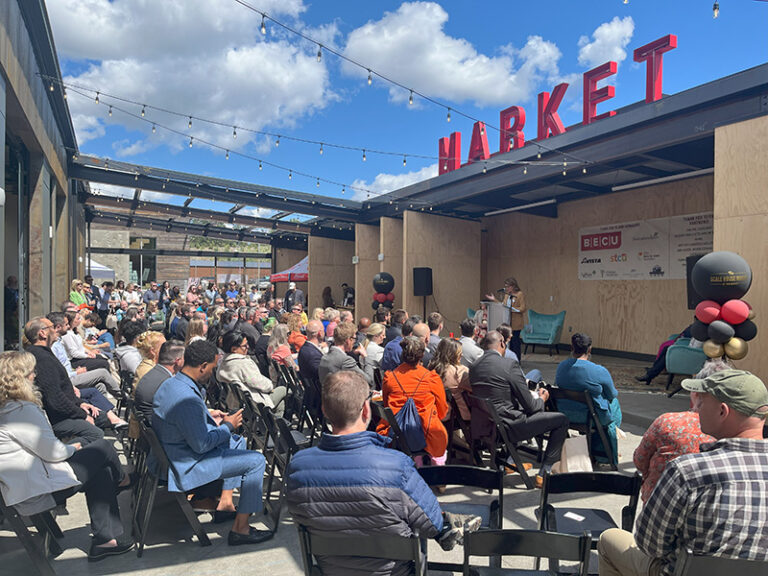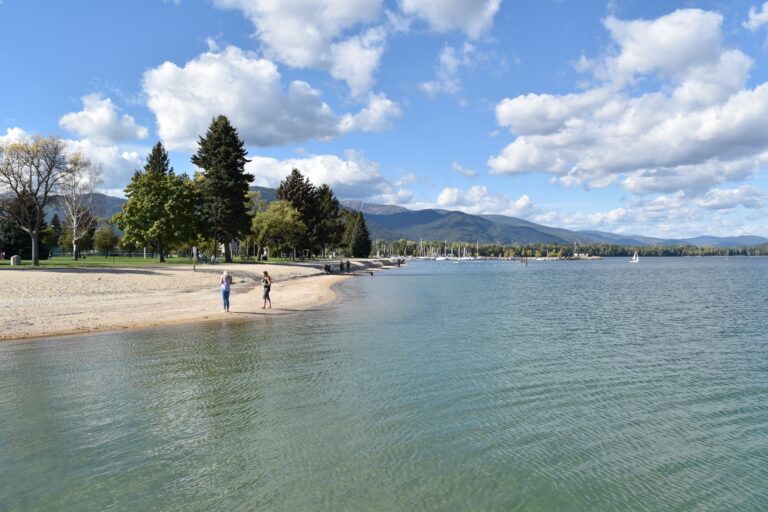Spokane, Wash.
If you ride long enough, it’s never a question of if you have an accident, but when you have an accident. Crashes are the worst-case scenario on any ride. Sometimes they are caused by a personal mistake, a guilty driver, or an act of god. It only takes a moment for everything to change, and suddenly a cyclist has less skin coverage than the day before. With more riders out on the road and trails than ever before this spring, bike accidents are also on the rise.
Stacie Bain, from Spokane-based Bain Bike Law, is a Washington attorney who was born and raised in Spokane and then battle-hardened in Seattle. She started representing injured cyclists in 2007 and immediately knew it was the perfect way to fuse her love for riding with her desire to help people. Getting hit by a reckless motorist changed her life, and it revealed just how fragile cyclists are. Every accident is different; however, Bain has a few foundational elements to remember if you are in a bike accident:
1. Don’t leave the scene.
First and foremost, don’t panic or leave the scene of the accident. Definitely callthe police if the driver was at fault. Absolutely get the name and phone number and email of any witnesses. If possible, take pictures with your phone, and if youcan’t take pictures, then ask a bystander.
2. Don’t make your case harder.
Don’t discuss your accident with anyone. Don’t give a statement to the driver’s insurance company. It may be used against you in the future. Don’t sign any papers given to you by an insurance company or agree to a settlement without legal advice. Most importantly, consult a lawyer if you have any nagging questions. In many cases, consultations are free.
3. Get more education.
On her website, Bain says, “I also engage in community outreach by giving educational seminars on Washington’s bike laws for cycling clubs including Cascade Bicycle Club and Spokane Bicycle Club. If you are interested in having a bike law presentation for your cycling club or team, I’d be happy to attend and share some knowledge.”
Ultimately, bike accidents hurt beyond physical pain. They derail plans. Most of all, you feel more vulnerable. Most accidents aren’t very serious; however, each accident underscores the importance of a few first aid items like bandages, band-aids, and a splint. Also, ride with a spare tire and a few tools. Since the most important bike gear you own is between your ears, always wear a helmet. Lastly, ride in such a way that you can ride again next year and the next year and so on.

Originally published as “More Bikes May Mean More Accidents” in the July-August 2020 issue.













